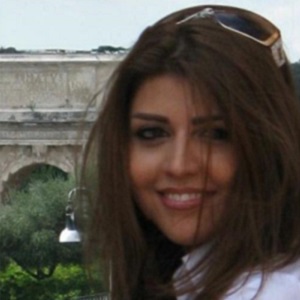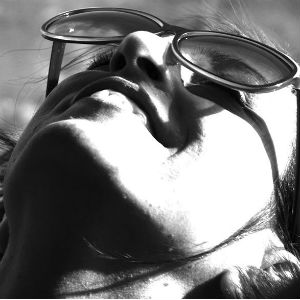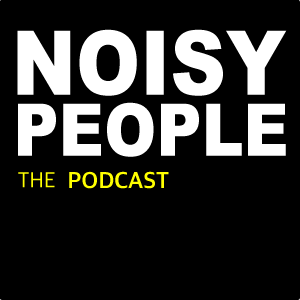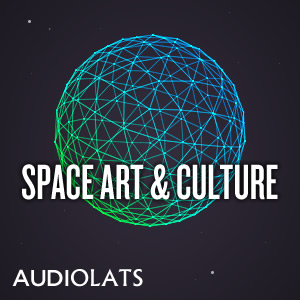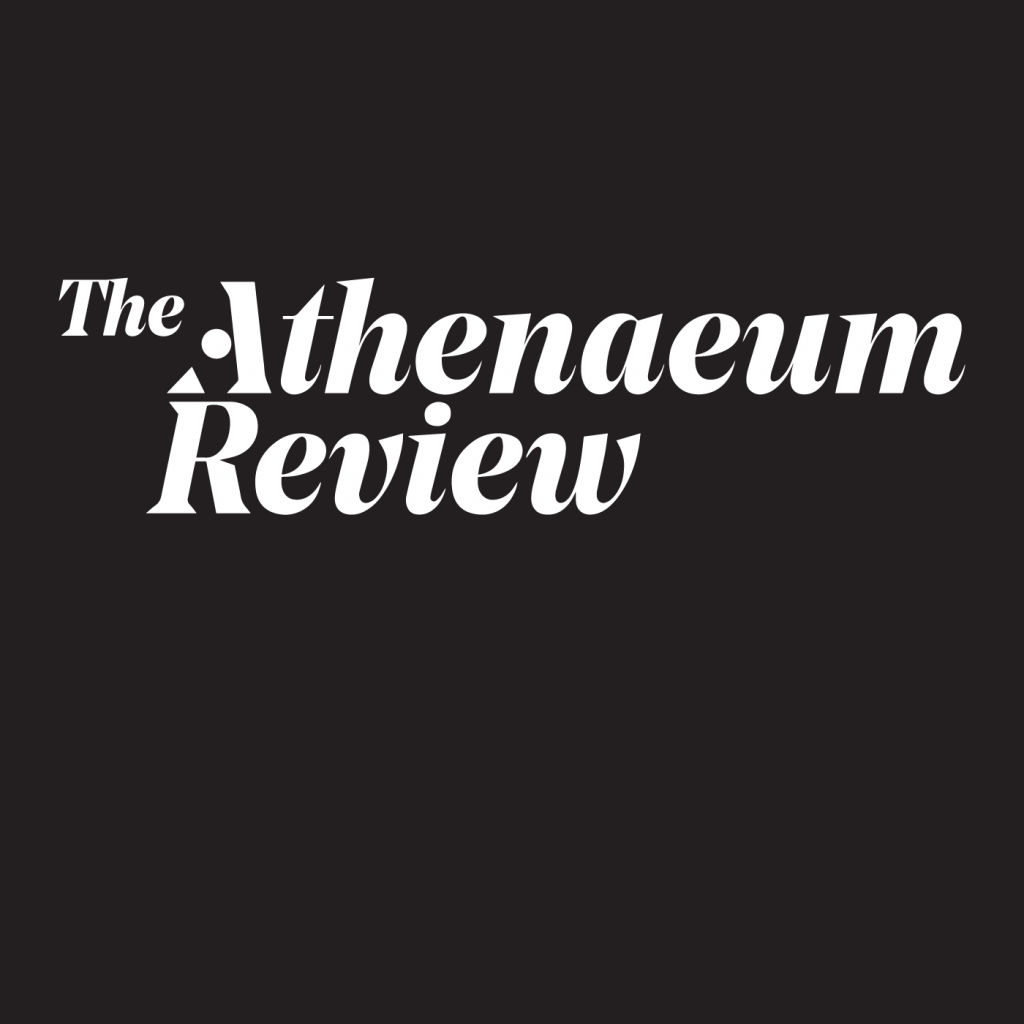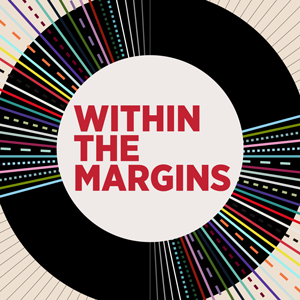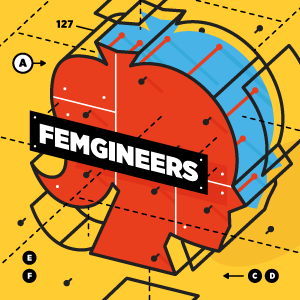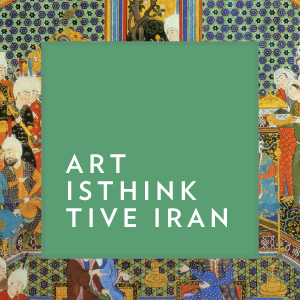
This podcast is a conversation with contemporary Iranian sculptor Aban Salehi regarding her award-winning sculpture “Zarvan” in the Versus Sculpture Festival 2015 in Tehran. By referring to the ancient Persian myth of Zarvan, god of time in ancient Persian deities, Aban Salehi intends to criticize the long-held foundations of viewing the world through good and evil forces as a dominant narrative of Iranian culture which leaves no room for shades of grey. In Persian mythological texts, Zarvan is a divine being who engendered equal-but-opposite twins, Ahura Mazda and Angra Mainyu which are characterized as the symbols of good and evil in the universe. Based on ancient mythology, these two non-reconciliatory forces of good and evil are the driving forces of the universe eternally engaged in an endless battle. The divinity Zarvan is also recognized as the god of eternal time and space who is a transcendental being emancipated from temporal passionate desires in Persian Mythic narratives. Aban Salehi’s black and white sculpture “Zarvan,” symbolizes the eternally abysmal fight between the forces of light and darkness, Ahura Mazda and Angra Mainyu. Through an intertwined assimilation of demoniacal black and white shapes illuminated by an external light in her sculpture, Aban Salehi attempts to challenge what she believes is the Iranian society’s prevalent dichotomous understanding of the world which has become even more bifurcated as a result of the current post-revolutionary politics of the country. Through contemporizing a deep-rooted mythical belief in the form of a sculpture, Aban Salehi aims to to cast doubt over her society’s cemented axiomatic principles grounded in dichotomous mythical and historical accounts of what the nature of truth and reality is. Salehi’s personal experience as a child viewing a public execution in Isfahan, Iran has immensely contributed to the young sculptor’s artistic perspective.
